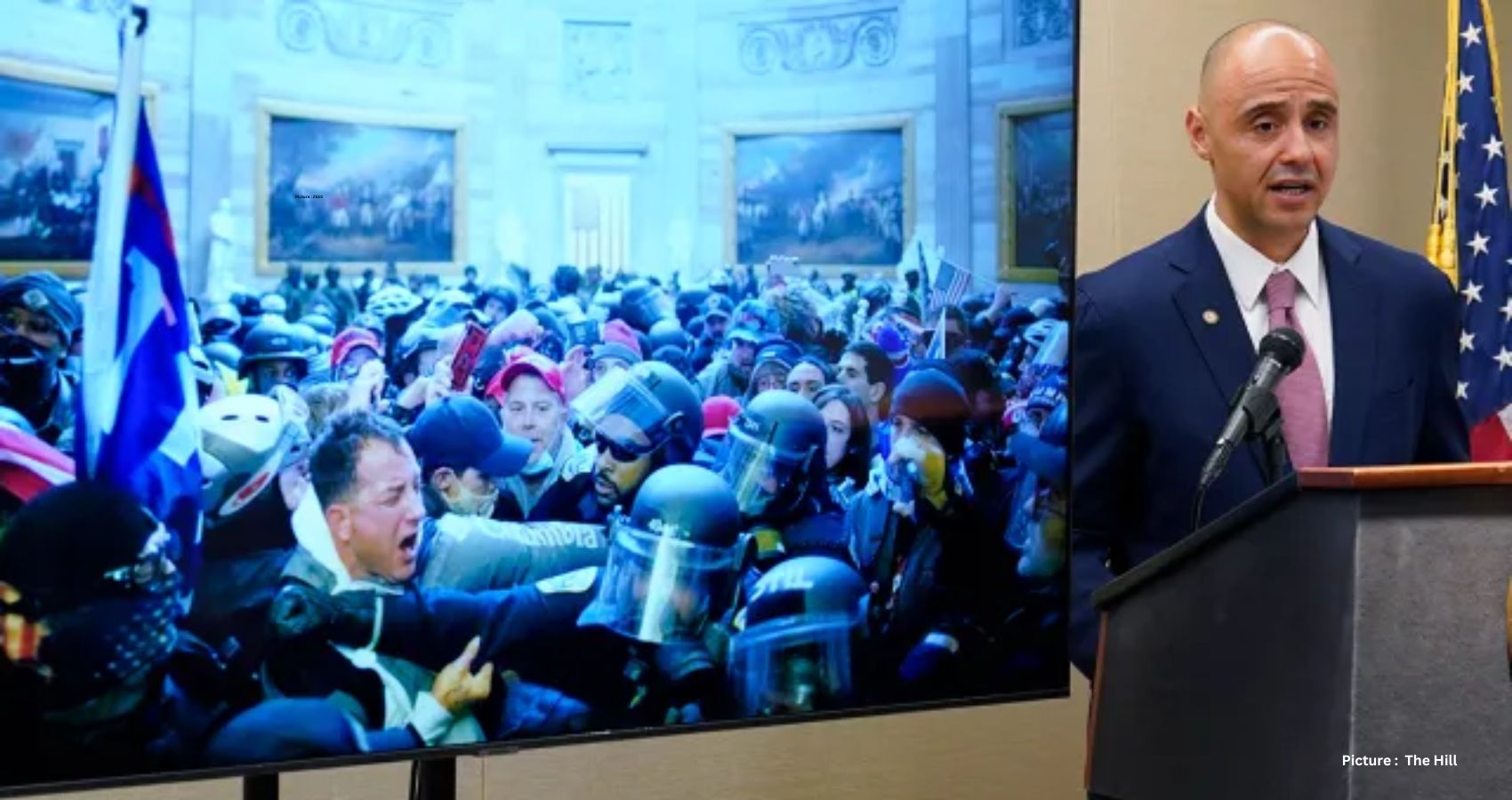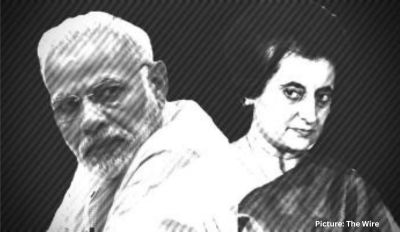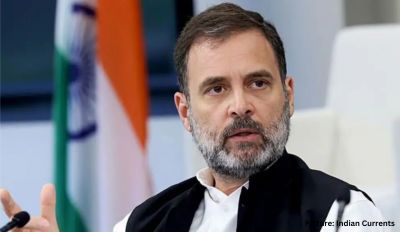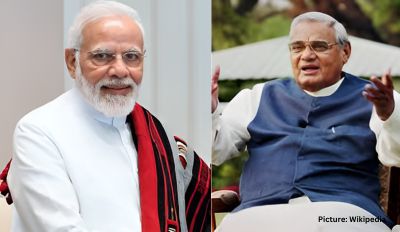As the nation marks the third anniversary of the Capitol storming on January 6, experts are expressing increasing concern about the current state of American democracy, especially as the country heads into an election year with deep divisions over the significance of that fateful day.
The violent events of January 6, 2021, resulted in multiple fatalities, the desecration of the Capitol building, the subsequent prosecution of former President Trump, and a wave of shock as the public witnessed the disturbing scenes unfolding from the heart of American democracy.
However, the collective reflection on that dark day proved short-lived. Former President Trump has consistently sought to deflect responsibility for the attack, downplaying it as mere expressions of concerns about the election. He continues to propagate unfounded claims of election fraud while endorsing conspiracy theories surrounding the assault. Notably, Republicans who initially condemned Trump shortly after the attack realigned themselves with the former president just weeks later.
On the first anniversary of January 6, only one GOP lawmaker, Rep. Brian Fitzpatrick (R-Pa.), joined Democrats in commemorating the day. Rachel Kleinfeld, a democracy expert and senior fellow at the Carnegie Endowment for World Peace, expressed her concern about the direction of the Republican Party, stating, “I think among the signs of concern regarding our democracy, the biggest concern is that we have one of our two main political parties being taken over by a faction that is probably only about a third of its voters but is very willing to eschew democratic rules.”
“We now seem to think that if we don’t have another major riot that disrupts the transfer of presidential power, things aren’t so bad…And we just need to take a big step back and say, is this where we want our society to go?” she added.
The anniversary arrives amidst troubling indicators regarding the strength of America’s democracy. A recent USA TODAY/Suffolk University Poll revealed that just over half of Trump supporters lack confidence in the accuracy of the 2024 election results, aligning with the former president’s claims of a “rigged” last presidential election. In contrast, 81 percent of President Biden’s supporters expressed strong confidence in the upcoming election’s accuracy.
A Washington Post-UMD poll found that a quarter of Americans believe in the conspiracy theory that the FBI orchestrated and encouraged the Capitol attack. Furthermore, several polls indicate a growing openness among Americans to resorting to violence for political ends. A Public Religion Research Institute-Brookings Institution poll in October discovered that 23 percent of Americans agreed that “American patriots may have to resort to violence to save our country,” marking an increase from 15 percent in 2021.
These studies coincide with the steady decline in America’s Freedom House ranking over the past decade, attributed to factors such as rising political polarization, extremism, and partisan pressure on the electoral process, according to Freedom House President Michael Abramowitz.
Abramowitz highlighted the role of social media in exacerbating these issues, stating, “The rise of social media has really made it harder for the country to unite around a shared narrative or shared set of facts…There’s not a shared agreement on the facts. There’s not a shared agreement on what actually happened,” referring specifically to the events of January 6.
Matt Hall, a professor at Notre Dame University involved in the January 6th, 2025, Project, emphasized how social media has contributed to the contradictory viewpoints held by many Trump supporters regarding the Capitol attack. He explained, “Somehow January 6th was no big deal, just a minor protest overhyped by the media, and it did happen but it was a false-flag operation perpetrated by Democrats, and it was actually a deep-state conspiracy to keep Trump out of power, and it was a completely justified effort to defend our democracy.”
Despite widespread divisions in news sources and perspectives, Kleinfeld argued that the current polarization in U.S. politics is more nuanced than perceived. While Americans may hold mixed views on various topics, a failure to bridge emotional polarization persists. Efforts to address political divides face challenges within a system where politicians are rewarded for playing to their polarized bases.
Hall contended that Trump is exploiting these divisions and distrust to foster a “revival of fascist politics.” He explained, “MAGA politicians like Donald Trump are using divisive rhetoric to divide us into an ‘us’ versus ‘them’…Fascist leaders are then able to exploit these social divisions to break down basic social norms and shared understandings about our politics.”
Kleinfeld stressed the importance of political leaders calling out actions that erode democracy, acknowledging the difficulty in doing so within the current environment. She stated, “A lot of times the media reports on our democratic breakdown as left versus right or right versus left. But in fact, what’s happening is that a small faction of the Republican Party is trying to take over, and fellow Republicans who want to uphold the rule of law and liberal ideals — those are the ones being ejected from the party, threatened with violence, called all sorts of names and [had] their children threatened.”
Recent statistics released by the Justice Department highlighted that out of over 1,265 people charged in connection with January 6, 2021, 718 have pleaded guilty, and 139 have been convicted at trial. Trump has pledged to pardon them.
Abramowitz concluded, “The January 6 attack tested the strength of American democracy, and American democracy did hold…But we can’t take that for granted in the future. And so I think we really do have our work cut out for us when it comes to reinforcing American institutions and democratic safeguards.”











